Have you ever noticed that your cat seems happiest when left to their own devices, quietly basking in a sunbeam or curling up in a secret corner? It’s not just your imagination—many cats crave peaceful, uninterrupted moments far more than the raucous excitement of play. This preference has puzzled and even frustrated cat lovers for ages. Why would a creature with such playful instincts choose solitude over interaction? Dive into the mysterious world of feline behavior and discover why uninterrupted time often wins out over playtime in your cat’s heart.
The Mystery of the Cat’s Solitary Nature

Cats have long been known as independent animals. Unlike dogs, who are naturally social and thrive on constant interaction, cats evolved as solitary hunters. Their ancestors needed quiet and focus to stalk prey. This need for solitude has been passed down through generations, making modern cats crave alone time. It’s not that they don’t love us—they just need their own space to recharge, like an introverted roommate who cherishes a quiet evening at home. If you’ve ever wondered why your cat sometimes disappears for hours, it’s their way of finding peace in a busy world.
Instincts Rooted in Survival

The preference for uninterrupted time is deeply ingrained in a cat’s instincts. In the wild, cats spend much of their day resting and conserving energy for hunting. Playtime is a human invention; for cats, it’s a substitute for hunting. But when they’re not “hunting,” cats prefer to rest in safety and silence. This uninterrupted time is essential for their physical and mental well-being. It’s a throwback to survival—staying quiet and hidden keeps them safe from predators and helps them prepare for their next adventure.
Rest and Rejuvenation: The Power of Cat Naps

Cats are famous for their love of sleep. On average, a cat can sleep between 12 to 16 hours per day, sometimes even more. These long hours of rest are not laziness—they’re vital for a cat’s health. Uninterrupted time allows them to enter deep sleep cycles, which help repair their bodies and minds. Imagine being woken up every time you dozed off; you’d be cranky too! Cats use these quiet moments to process their experiences and prepare for bursts of energy when they do decide to play.
Stress and Overstimulation: When Play Becomes Too Much

While playtime can be fun, too much excitement can actually stress cats out. Unlike dogs, who often thrive on chaos, cats can become overwhelmed by too much stimulation. Frequent interruptions or forced play can make them anxious or irritable. They need a calm environment to feel secure. This is why many cats will suddenly stop playing and retreat to a quiet spot. It’s their way of saying, “I need a break.” Respecting this need for uninterrupted time helps your cat stay happy and relaxed.
Personal Territory: The Importance of Space

Territory is everything to a cat. Each cat has certain areas they consider their own—these might be a favorite chair, a windowsill, or even a cardboard box. When they have uninterrupted time in these spaces, they feel safe and content. Playtime often invades this territory, which can be unsettling. By giving your cat uninterrupted access to their personal spots, you allow them to recharge and feel secure. It’s like having your own reading nook where no one bothers you—blissful, right?
Communication Through Silence

Cats are masters of subtle communication. They don’t need words or loud noises to express themselves. Sometimes, their preference for quiet time is a way of communicating comfort and trust. Sitting silently beside you or finding a quiet corner is a sign that your cat feels safe in your presence. Interpreting this silence as affection rather than aloofness can deepen your bond. In the feline world, quiet companionship often means more than playful antics.
Playtime Has Its Limits

While toys and games are important, they can’t replace the value of uninterrupted time. Play is often short and intense, followed by long periods of rest. Cats decide when playtime is over, and forcing them to continue can backfire. It’s crucial to pay attention to your cat’s cues—if they walk away or stop engaging, it’s time to give them space. Uninterrupted time is their way of resetting, much like how we need downtime after a busy day.
The Joy of Observation
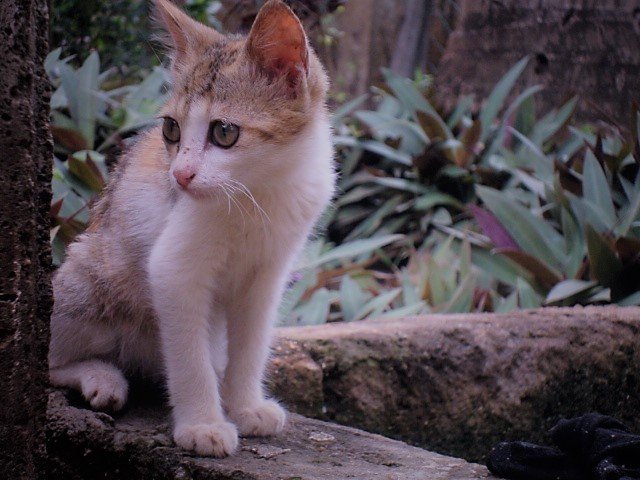
Cats love to observe their surroundings. Whether perched on a windowsill or hidden under furniture, they spend hours watching the world go by. This uninterrupted observation is mentally stimulating for them. It allows cats to track movement, listen to sounds, and process information without interference. For them, watching a bird outside the window can be just as fulfilling as chasing a toy mouse. Letting your cat enjoy these moments undisturbed is one of the greatest gifts you can give.
Building Trust Through Respect

Cats are more likely to trust you when you respect their need for alone time. Pushing for constant interaction can make them wary or withdrawn. Giving them the freedom to choose when they want attention builds a stronger, more trusting relationship. Trust is a two-way street, and by honoring their boundaries, you show your cat that you care about their well-being. Over time, this respect can lead to even more affectionate moments.
Routines and Predictability
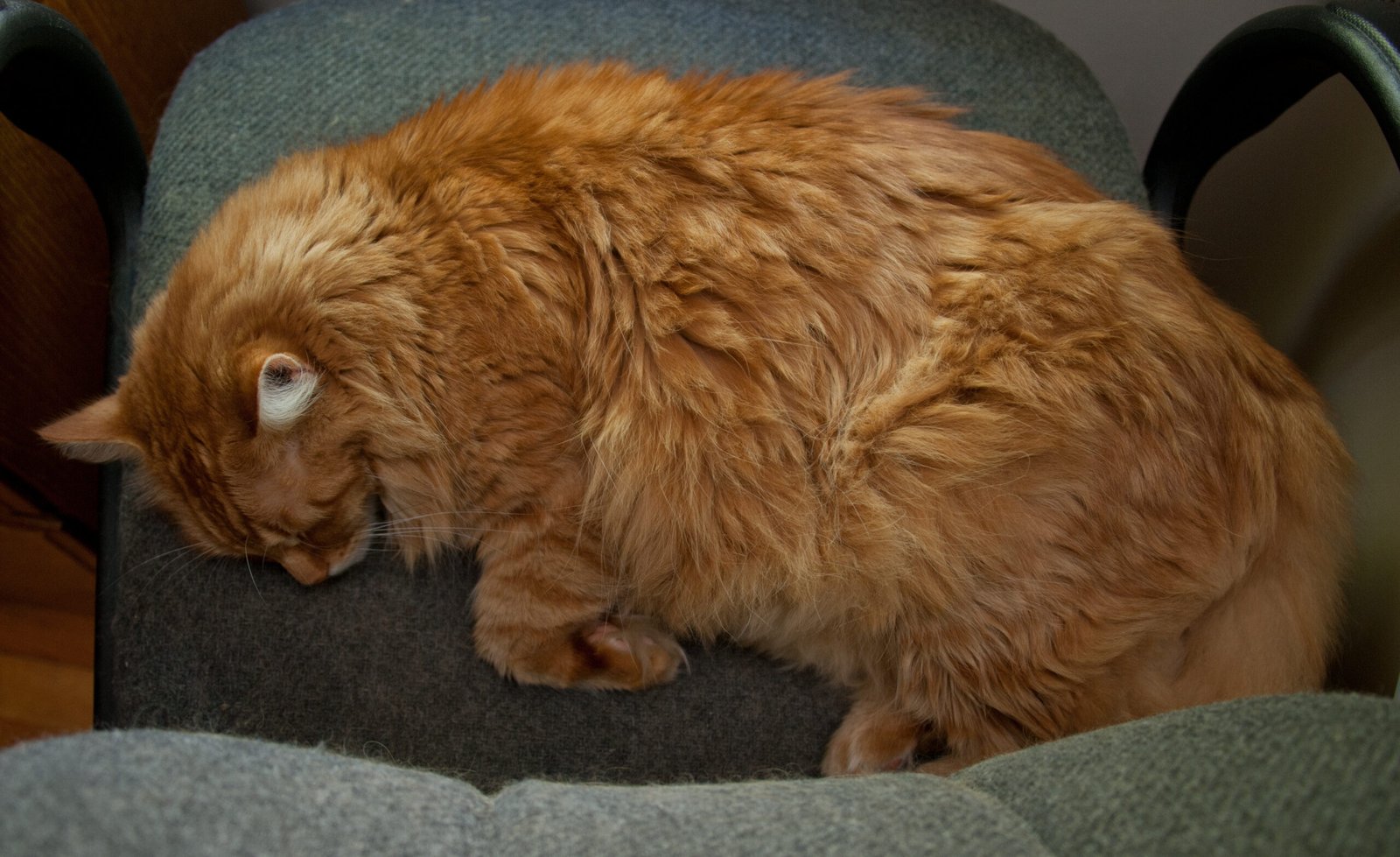
Cats thrive on routines. They feel safest when they know what to expect each day. Uninterrupted time is part of this routine, offering them predictability and comfort. Sudden changes or constant activity can disrupt their sense of security. By providing regular periods of peace, you help your cat feel grounded. Think of it as setting aside time each day just for yourself—your cat needs that, too.
Uninterrupted Time Encourages Natural Behaviors
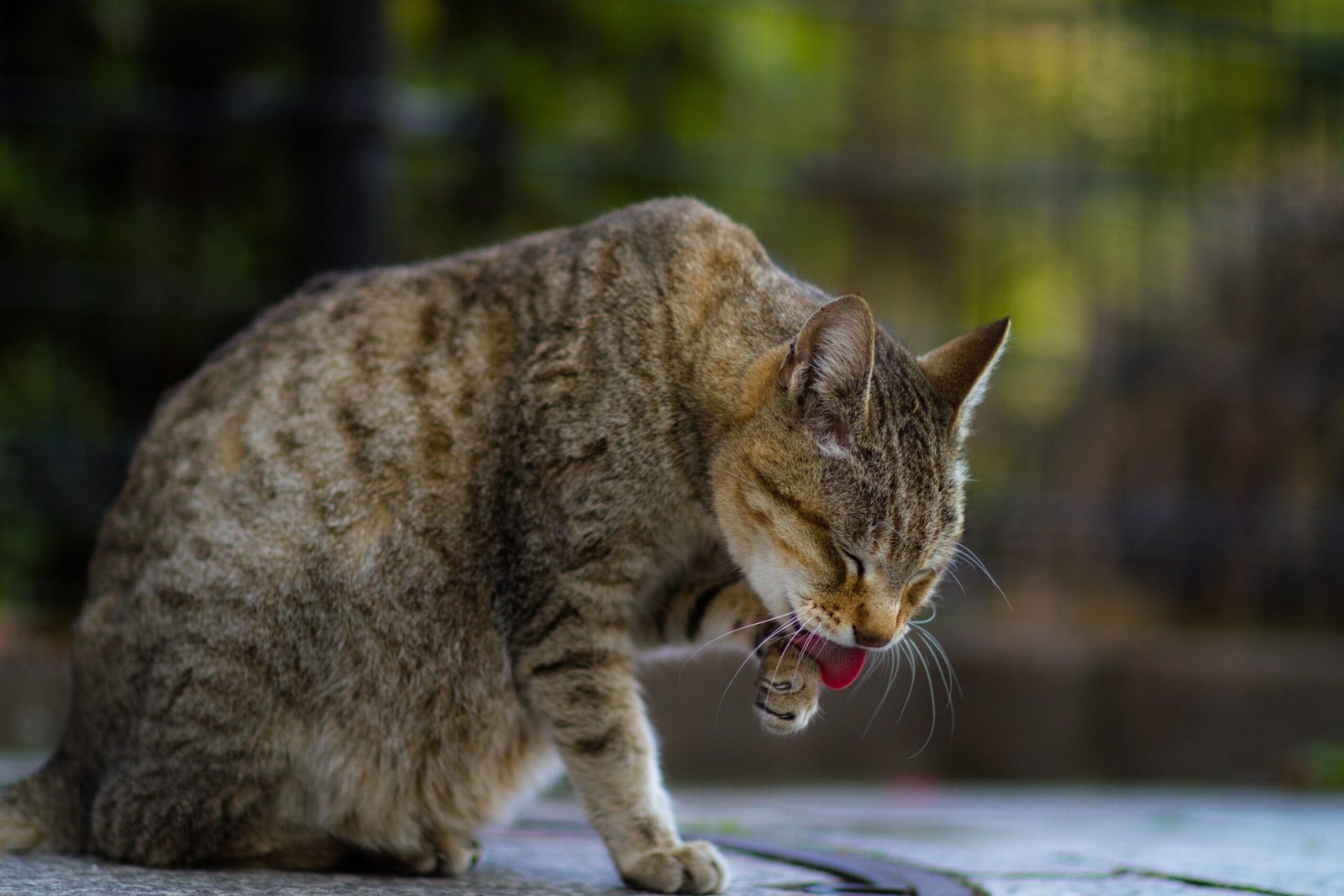
In the wild, cats engage in a variety of natural behaviors like grooming, stretching, and scent-marking. Uninterrupted time allows them to perform these actions without distraction. These activities are essential for their health and happiness. For example, grooming helps cats regulate body temperature and bond with their environment. When cats have the freedom to engage in these behaviors, they feel more at home.
Preventing Behavioral Problems
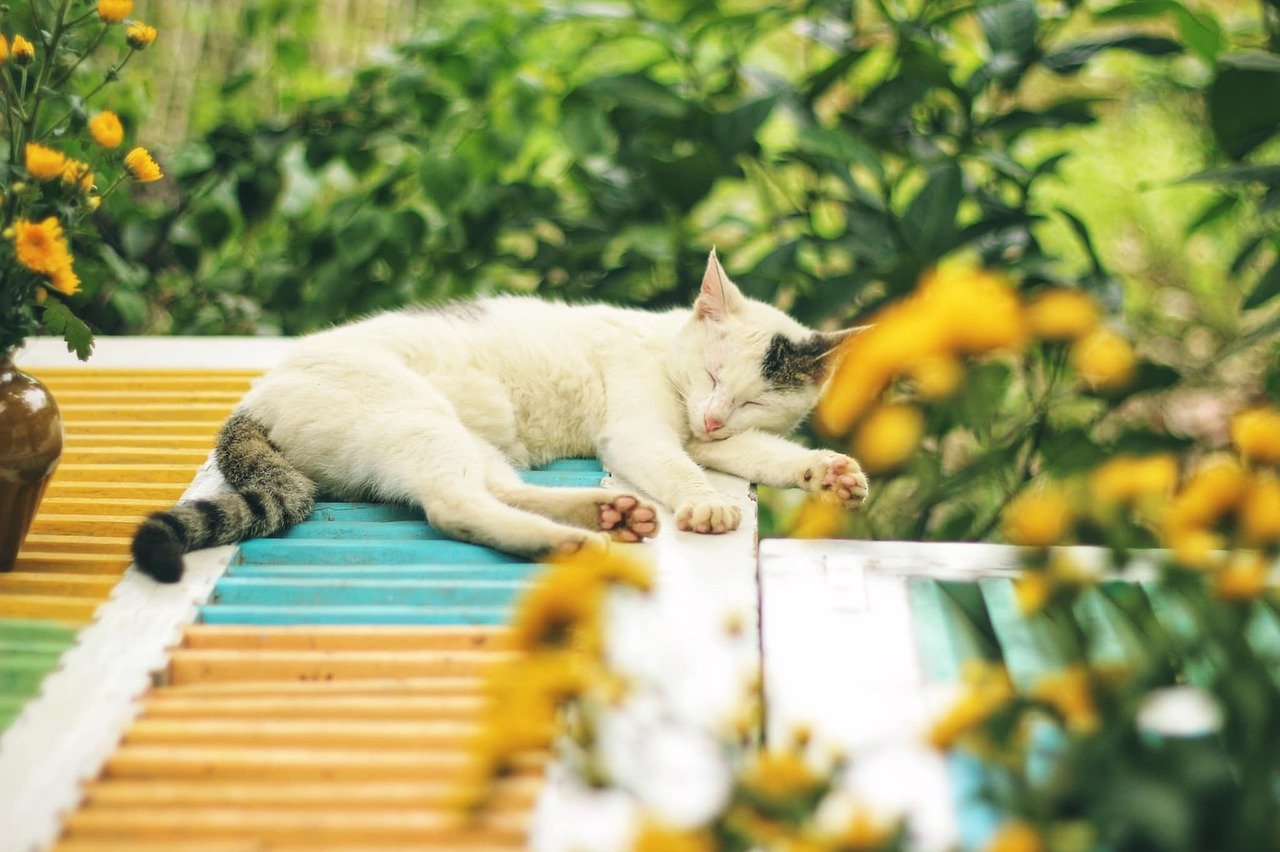
Lack of uninterrupted time can lead to behavioral issues like aggression or withdrawal. Cats who don’t get enough quiet time may become frustrated or act out. They might start scratching furniture, hiding, or even avoiding their owners. By ensuring your cat has enough space and peace, you can prevent many common problems. It’s a simple solution that leads to a happier, healthier pet.
Adapting to Multi-Pet Homes
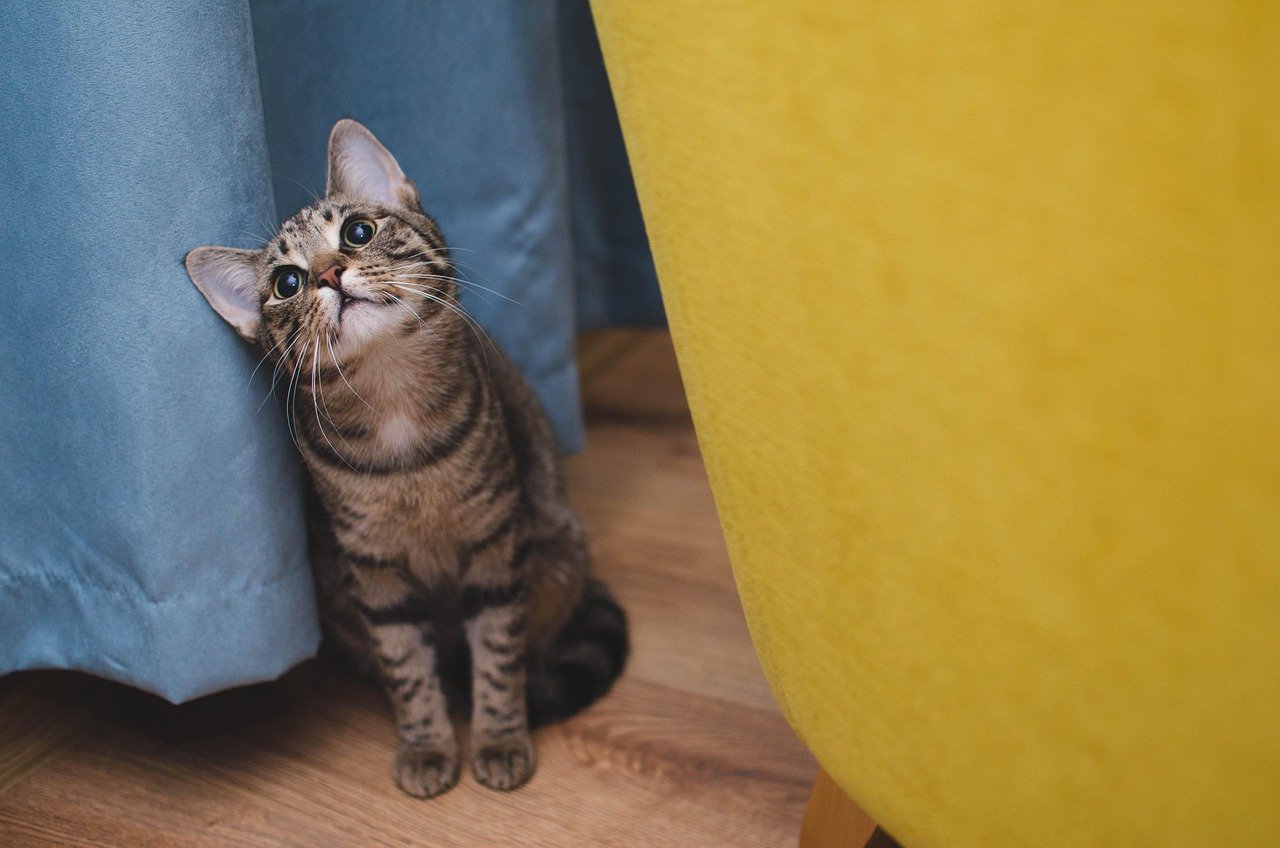
In homes with multiple pets, uninterrupted time becomes even more important. Cats can feel overwhelmed by the presence of other animals, especially if those pets are energetic or playful. Providing separate spaces and alone time for each cat helps reduce stress and prevents conflicts. Even the most social cats need a break from their furry housemates now and then.
Age Matters: Kittens Versus Adult Cats
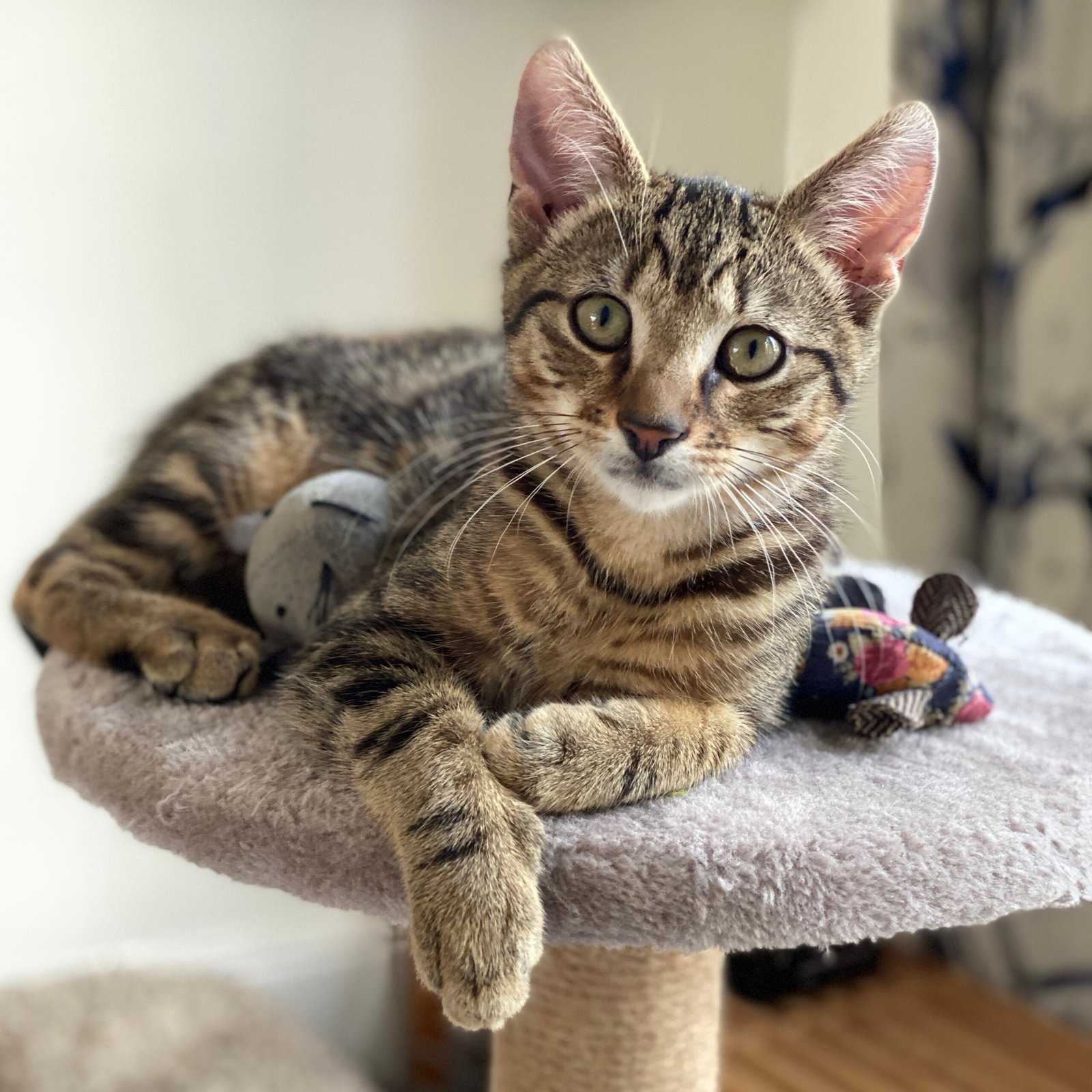
Kittens are naturally more playful and may seek interaction more often. However, as cats grow older, their need for uninterrupted time increases. Adult and senior cats spend more time resting and less time playing. It’s important to recognize these changes and adjust your expectations. Respecting your cat’s evolving needs helps them age gracefully and comfortably.
Uninterrupted Time and Health Benefits

Peaceful moments are good for more than just a cat’s mood—they also benefit physical health. Stress and overstimulation can weaken a cat’s immune system, making them more susceptible to illness. Quiet time lowers stress hormones and allows the body to heal. You might notice that your cat’s fur looks shinier or they seem more relaxed when they get enough rest. It’s a subtle but powerful effect.
Quality Over Quantity in Human Interaction
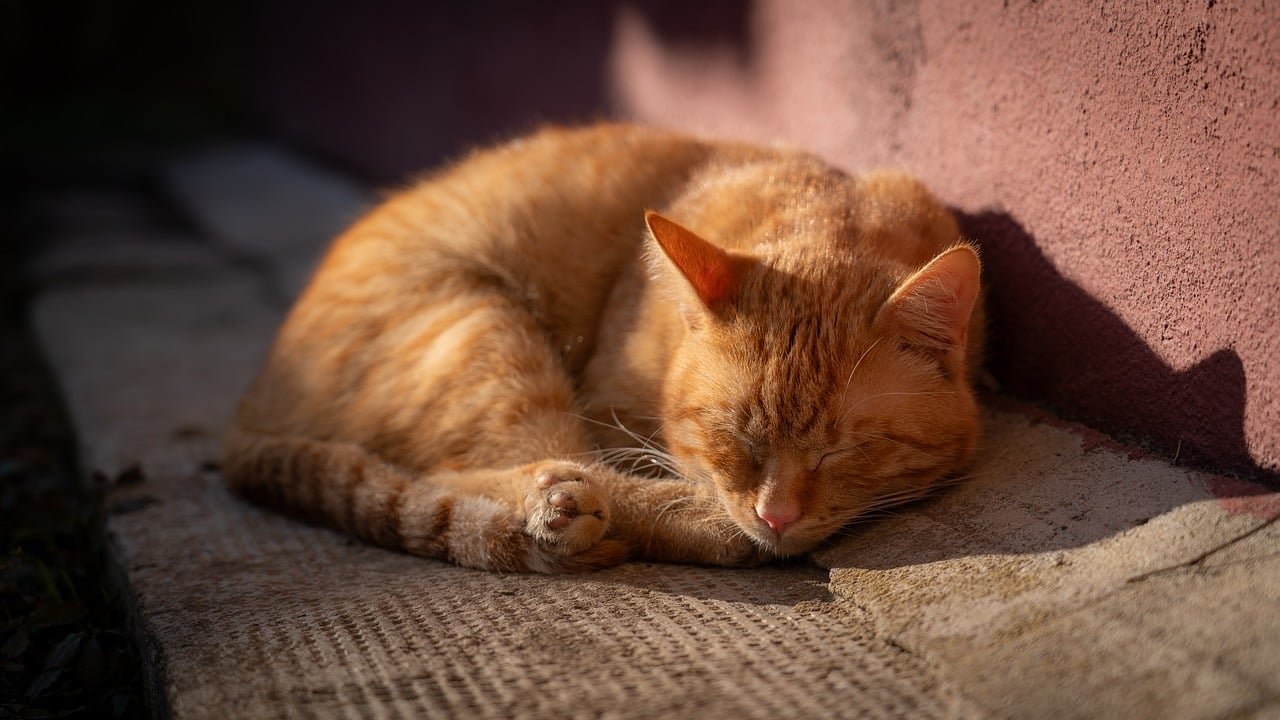
Cats value quality interaction over quantity. A few minutes of gentle petting or play, followed by plenty of quiet time, is more meaningful than constant attention. Cats remember positive, undisturbed moments and will seek out your company again if you respect their need for space. It’s a lesson in patience and understanding for any pet owner.
Recognizing the Signs Your Cat Wants Alone Time

Cats have clear ways of showing when they need a break. Signs include walking away, flattening their ears, flicking their tails, or finding a hiding spot. Ignoring these cues can damage your relationship and stress your cat. Learning to recognize and respect these signals is key to a harmonious home. Sometimes, the kindest thing you can do is let your cat be.
Balancing Play and Rest
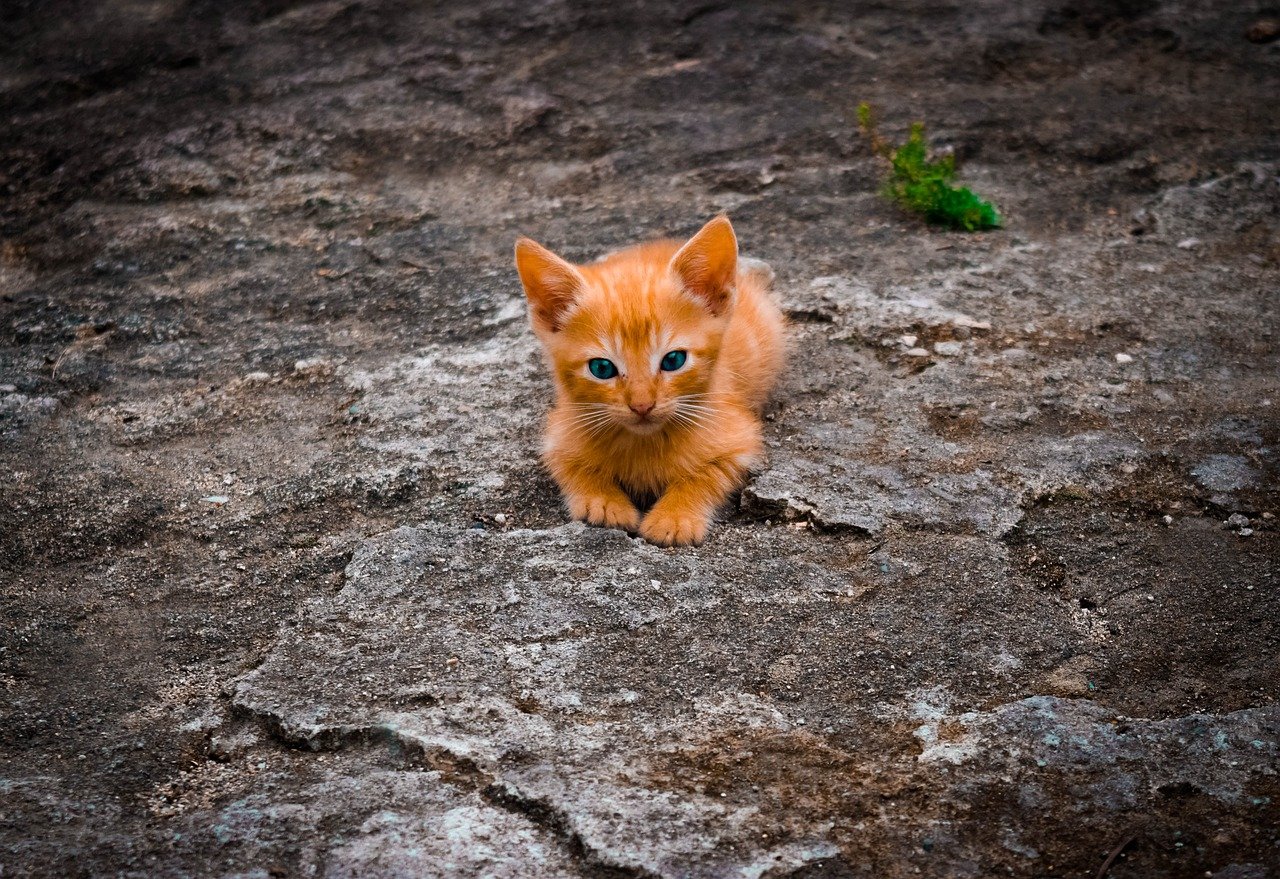
The secret to a happy cat is balance. Providing both engaging playtime and uninterrupted time ensures your cat gets the best of both worlds. Set aside specific times for play, but also allow your cat to retreat when they need to. This balance helps prevent boredom and keeps your cat healthy, both physically and emotionally.
The Role of Environment in Uninterrupted Time
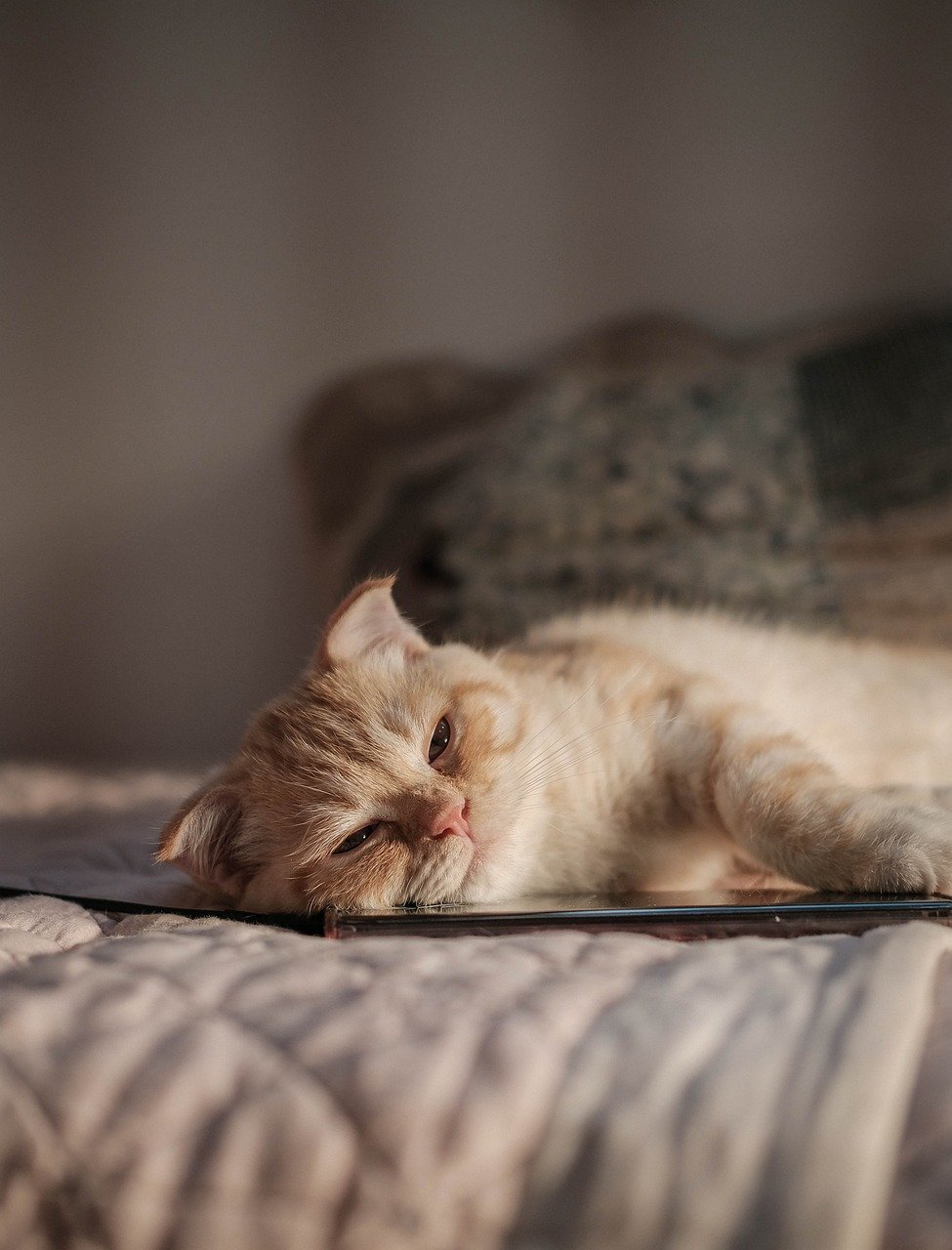
A cat-friendly environment is essential for uninterrupted time. Offer hiding spots, cozy beds, and quiet areas away from household noise. Window perches, cat trees, and secluded nooks give your cat places to relax undisturbed. When your home supports their need for peace, you’ll notice your cat is happier and more confident.
Why Uninterrupted Time Deepens the Human-Cat Bond

Giving your cat uninterrupted time shows you understand and respect their unique needs. Cats are more likely to seek out your company when they know they can leave at any time. This freedom builds trust and deepens your bond. It’s a quiet, powerful connection—one that grows stronger with every peaceful moment you share.
Learning from Our Feline Friends
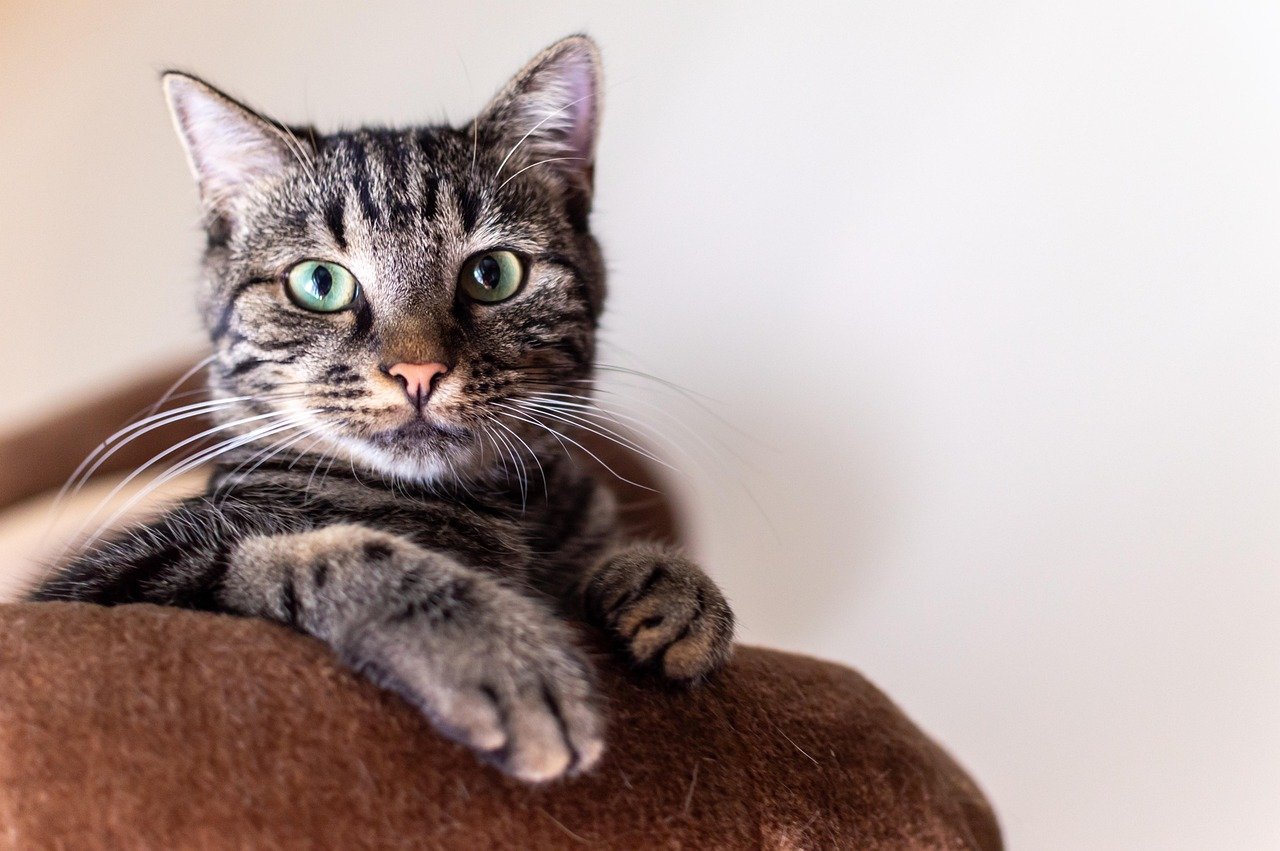
Cats remind us of the value of solitude in a noisy, busy world. Their preference for uninterrupted time teaches us to slow down, appreciate the quiet, and find joy in simply being present. By embracing your cat’s need for peace, you may discover a little more peace for yourself, too.
Hi, I’m Bola, a passionate writer and creative strategist with a knack for crafting compelling content that educates, inspires, and connects. Over the years, I’ve honed my skills across various writing fields, including content creation, copywriting, online course development, and video scriptwriting.
When I’m not at my desk, you’ll find me exploring new ideas, reading books, or brainstorming creative ways to solve challenges. I believe that words have the power to transform, and I’m here to help you leverage that power for success.
Thanks for stopping by, Keep coming to this website to checkout new articles form me. You’d always love it!






